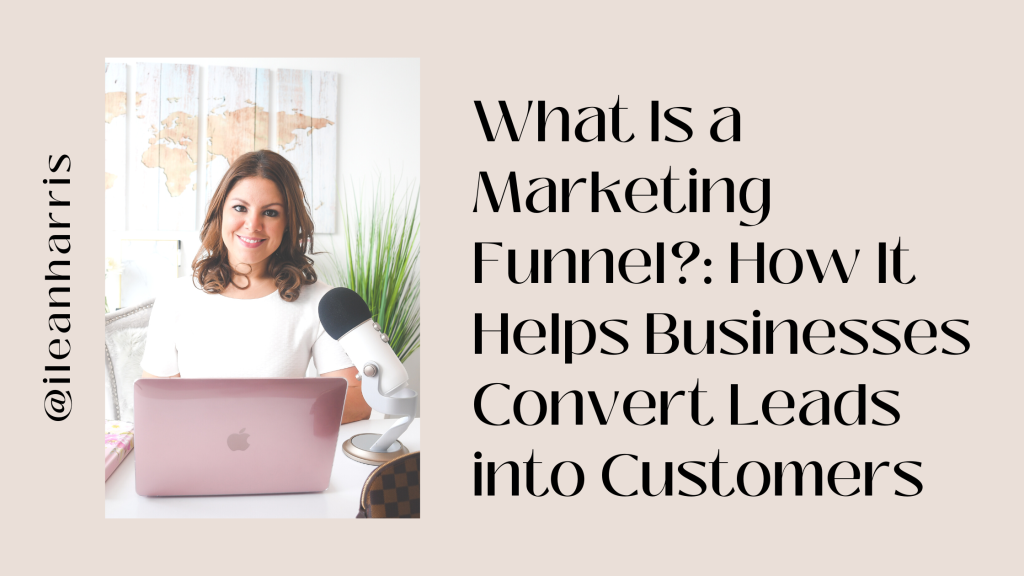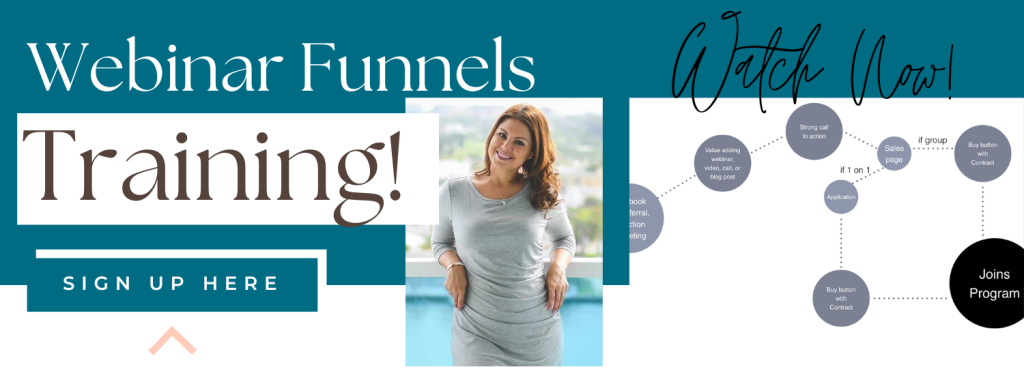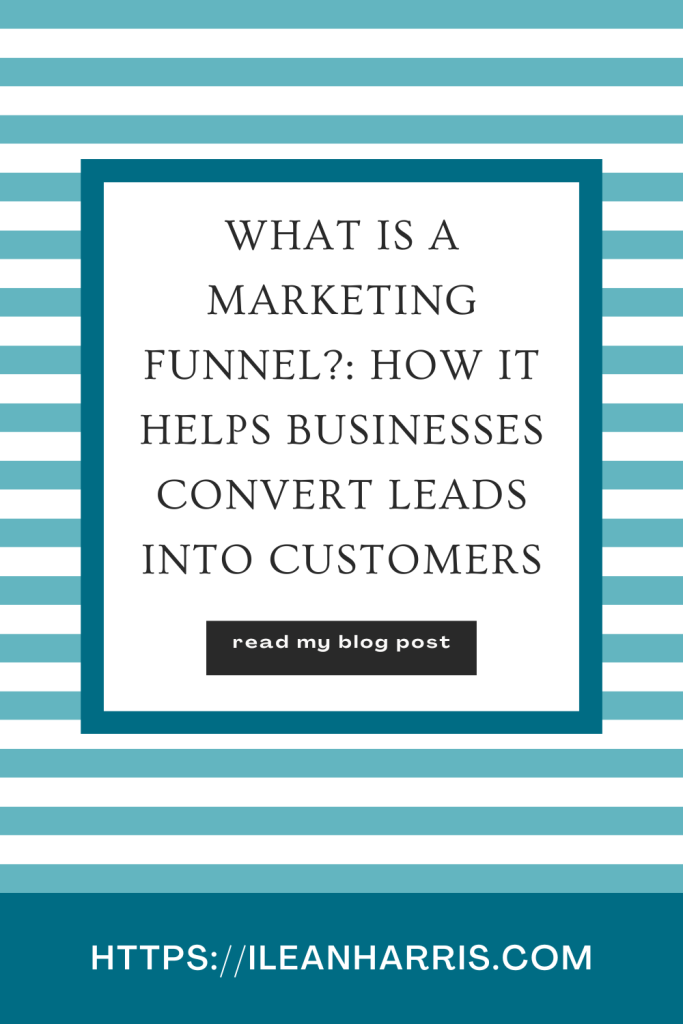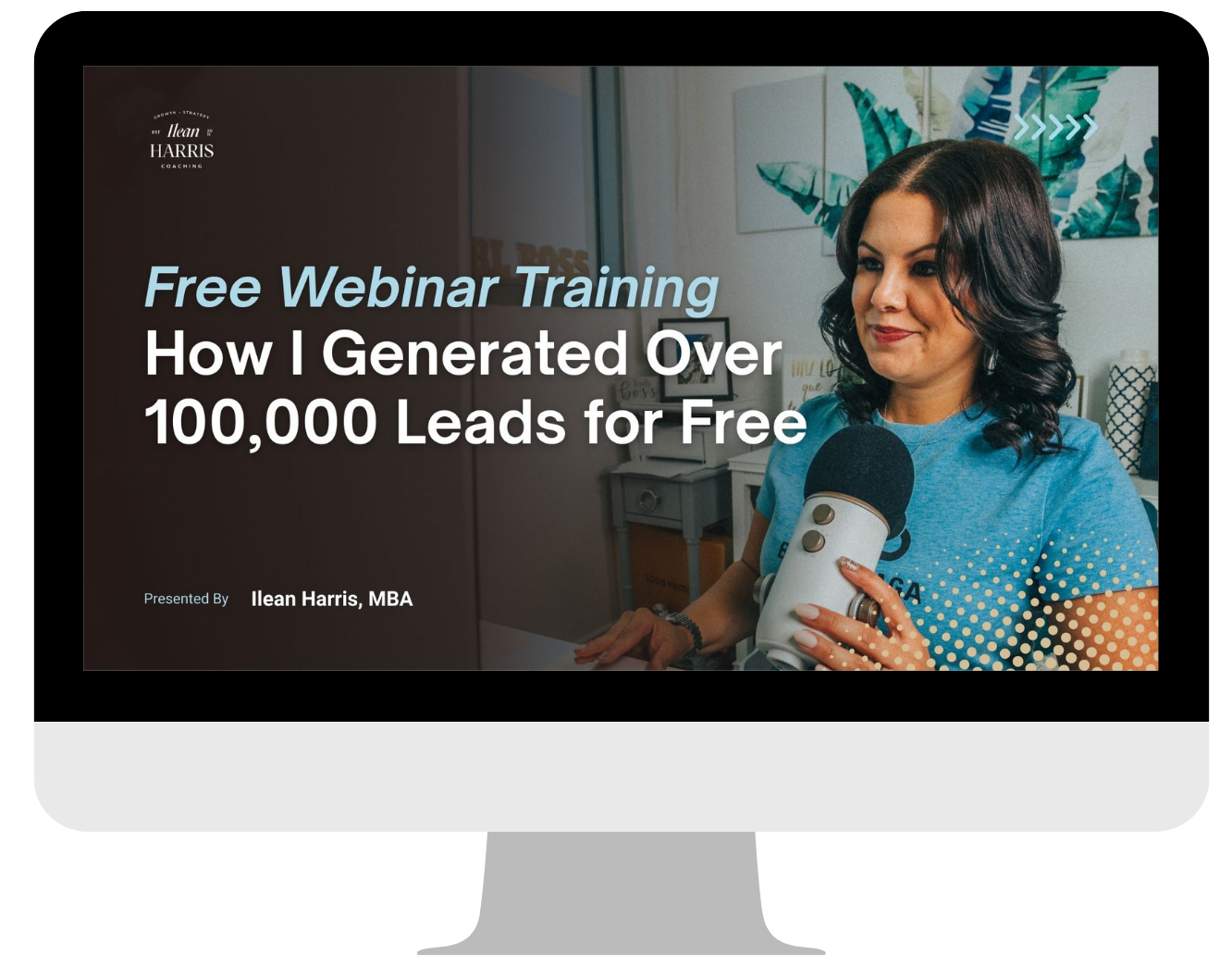This post is all about what is a marketing funnel.

In the world of marketing, understanding the concept of a marketing funnel is crucial for businesses aiming to effectively convert leads into loyal customers.
A marketing funnel is a strategic framework that maps out the customer journey from initial awareness to the final purchase.
In this comprehensive guide, we will explore what a marketing funnel is, its key components, and how it helps businesses drive conversions and achieve sustainable growth.
What Is a Marketing Funnel?: How It Helps Businesses Convert Leads into Customers
Understanding the Marketing Funnel:
- The Concept of a Marketing Funnel:
- A marketing funnel represents the stages a potential customer goes through before making a purchase.
- It visualizes the journey, starting with generating awareness and ending with converting leads into customers.
- The funnel analogy illustrates that as prospects move through each stage, the number of potential customers narrows down, similar to a funnel’s shape.
- The Key Components of a Marketing Funnel: a. Top of the Funnel (TOFU):
- This stage focuses on creating awareness and attracting a broad audience.
- Common tactics include content marketing, social media engagement, and search engine optimization. b. Middle of the Funnel (MOFU):
- In this stage, prospects have shown interest and are considering your products or services.
- Lead nurturing through email campaigns, targeted content, and educational resources is crucial. c. Bottom of the Funnel (BOFU):
- This stage involves converting leads into paying customers.
- Personalized offers, persuasive sales pages, and strong calls-to-action are key elements.

- How the Marketing Funnel Works:
- The marketing funnel works by guiding potential customers through a series of touch points.
- It moves prospects from initial awareness to consideration and finally, a decision to purchase.
- Each stage requires tailored marketing strategies and tactics to move prospects closer to becoming customers.
Click here to learn how to build a webinar funnel.
Benefits of a Marketing Funnel:
- Streamlining the Customer Journey:
- A marketing funnel provides a structured approach to guide customers seamlessly through their decision-making process.
- It ensures a consistent and cohesive experience across all touch points.
- Targeted and Personalized Marketing:
- By understanding where prospects are in the funnel, businesses can deliver targeted and personalized messaging.
- This increases the relevance and effectiveness of marketing efforts.
- Maximizing Lead Conversion:
- A marketing funnel helps businesses identify and address potential bottlenecks or areas for improvement.
- By optimizing each stage, businesses can increase lead conversion rates and generate more sales.
- Improved Customer Insights:
- The marketing funnel allows businesses to gather valuable data and insights at each stage of the customer journey.
- This information helps refine marketing strategies, understand customer preferences, and enhance overall business operations.
- Enhancing Customer Retention:
- Beyond conversion, a marketing funnel can also support customer retention and loyalty.
- By nurturing existing customers and providing post-purchase support, businesses can foster long-term relationships and drive repeat sales.
Implementing a Marketing Funnel:
- Define Your Ideal Customer:
- Clearly identify your target audience and create buyer personas to understand their needs, preferences, and pain points.
- This forms the foundation for tailoring your marketing messages and content.
- Map Out the Customer Journey:
- Visualize the stages your customers go through from awareness to purchase.
- Identify the key touch points and interactions they will have with your business along the way.
- Develop Content for Each Stage:
- Create relevant and compelling content that aligns with the needs and interests of your target audience at each stage.
- Educational blog posts, videos, webinars, and case studies are effective tools for nurturing leads and driving conversions.
- Implement Lead Nurturing Strategies:
- Utilize email marketing campaigns, personalized offers, and retargeting ads to nurture leads and keep them engaged.
- Provide valuable content and incentives that guide prospects towards making a purchase.
Analyze and Optimize:
-
- Regularly analyze data and metrics to understand the effectiveness of your marketing funnel.
- Identify areas for improvement, test different strategies, and optimize your marketing efforts accordingly.
Click here to learn more about a sales funnel.
The power of automating a marketing funnel cannot be overstated in today’s fast-paced business landscape.
Automation allows businesses to streamline and optimize their marketing processes, saving time and resources while delivering personalized and timely messages to prospects and customers.
Here are three key reasons why automating a marketing funnel is a game-changer:
- Increased Efficiency and Scalability: Automating a marketing funnel eliminates manual and repetitive tasks, enabling businesses to operate at scale. By utilizing marketing automation tools, businesses can automate lead nurturing, email campaigns, and customer segmentation. This not only frees up valuable time for marketing teams but also ensures consistent and timely communication with prospects and customers. As your business grows, automation ensures that your marketing efforts remain efficient and effective, without requiring additional manpower.
- Personalization and Targeted Messaging: Automation allows businesses to deliver personalized and targeted messages based on individual customer behavior and preferences. By collecting and analyzing data, businesses can segment their audience and create tailored content and offers for each stage of the marketing funnel. This level of personalization enhances customer engagement and loyalty, as customers receive relevant and timely information that addresses their specific needs and pain points. Automation enables businesses to nurture leads and build relationships at scale, without sacrificing the personal touch.
- Data-Driven Decision Making: Automating a marketing funnel provides businesses with valuable data and insights that can drive data-driven decision making. Marketing automation tools track customer interactions, engagement levels, and conversion metrics. This data allows businesses to measure the effectiveness of their marketing campaigns, identify areas for improvement, and make informed decisions to optimize their strategies. By analyzing and acting upon data, businesses can continuously refine their marketing funnel, ensuring that it remains aligned with customer needs and goals.
Overall, automating a marketing funnel empowers businesses to operate efficiently, deliver personalized experiences, and make data-driven decisions.
By leveraging automation tools, businesses can save time, enhance customer engagement, and drive meaningful results.
Whether it’s lead nurturing, email marketing, or customer segmentation, automation streamlines marketing processes, allowing businesses to focus on building relationships and driving growth.
Embrace the power of automation and unlock the full potential of your marketing funnel.
Click here to learn more about an automated webinar funnel.
A marketing funnel is a powerful tool that enables businesses to guide potential customers through a structured journey, from initial awareness to becoming loyal customers.
By understanding the stages of the funnel and implementing effective strategies, businesses can convert leads into customers, increase conversions, and drive sustainable growth.
Embrace the marketing funnel as a framework to connect with your audience, deliver targeted messaging, and ultimately build long-term customer relationships.

This post was all about what is a marketing funnel.






